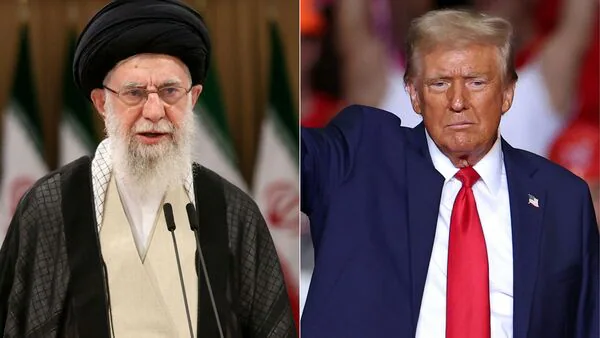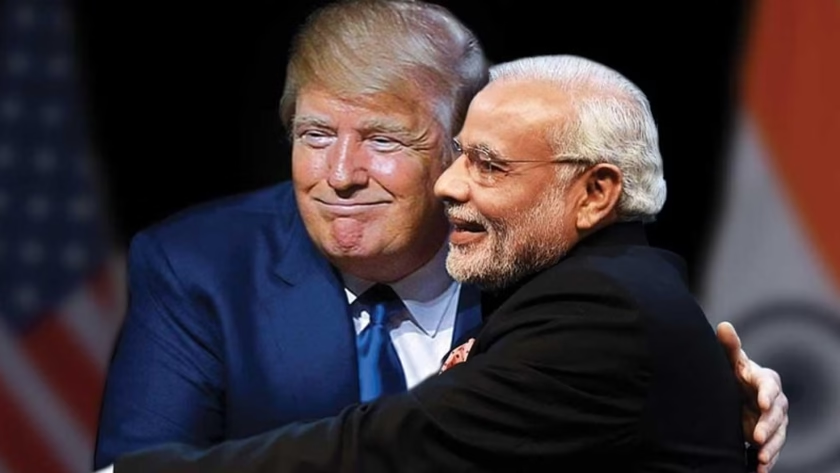Tel Aviv: As the Israeli-Palestinian conflict escalates once again, the world is intensely focused on Israeli Prime Minister Benjamin Netanyahu. His role in the ongoing military operations against Hamas in Gaza, coupled with the broader geopolitical consequences of the conflict, has made him a central figure on the global stage. Netanyahu’s leadership, marked by his hardline stance on security, is being scrutinized both domestically and internationally.
Netanyahu’s Response to the Hamas Conflict
Netanyahu’s current term has been defined by the volatile situation with Hamas, which recently escalated following a deadly Hamas attack on Israeli civilians. In response, Israel launched a full-scale military offensive against Gaza, prompting international attention. Netanyahu has framed the conflict as a fight against terrorism, vowing to eliminate Hamas’s military infrastructure. His statements have been resolute, emphasizing that Israel has the right to defend itself, and he has rejected calls for a ceasefire until Hamas is dismantled.
Internationally, this stance has received mixed reactions. Western allies, including the U.S., have expressed support for Israel’s right to self-defense, though there have been growing concerns about civilian casualties and humanitarian conditions in Gaza. The U.S., in particular, has reiterated its backing for Israel, while also urging caution regarding the humanitarian impact. Netanyahu’s government faces criticism from global human rights organizations that warn of the devastating toll the conflict is taking on Gaza’s civilians, including children.
Domestic Challenges
On the domestic front, Netanyahu’s leadership has faced both support and opposition. Many Israelis rally behind him, viewing him as a protector of national security. His long-standing image as “Mr. Security” bolsters his support base, particularly among conservative and right-wing voters who prioritize a strong stance against Hamas.
However, the ongoing conflict also exposes the divisions within Israeli society. Netanyahu has been criticized by parts of the opposition for failing to prevent the surprise Hamas attack. His political rivals argue that his focus on judicial reforms and other internal matters diverted attention from security preparedness. The judicial reform controversy had already sparked massive protests across Israel earlier in 2024, with critics accusing Netanyahu of undermining democracy by trying to weaken the Supreme Court.

Global Reactions and Consequences
Globally, Netanyahu’s approach to the conflict has reshaped Israel’s relationships with key powers and the broader Middle East. Countries like Egypt and Jordan, with whom Israel has peace treaties, have called for restraint. Lebanon, home to Hezbollah, a key Hamas ally, is another flashpoint, raising fears of a broader regional conflict. The potential for Hezbollah to join the fray has the international community concerned about a wider Middle East war.
Netanyahu’s political legacy is also inextricably linked to Israel’s expanding ties with Arab nations under the Abraham Accords. However, the current conflict threatens these diplomatic gains, as Arab nations, particularly in the Gulf, face domestic pressure to condemn Israel’s actions. Netanyahu must balance military objectives with the need to maintain these delicate diplomatic relationships.
The Future
As the conflict unfolds, the world continues to watch Netanyahu closely. His decisions in the coming weeks could determine not only the future of the Israeli-Palestinian conflict but also Israel’s international standing. If Netanyahu’s military strategy succeeds in weakening Hamas while avoiding a broader war, it could reinforce his image as a strong leader. Conversely, prolonged violence and increasing civilian casualties may isolate Israel diplomatically, complicating Netanyahu’s legacy and Israel’s future in the region.





